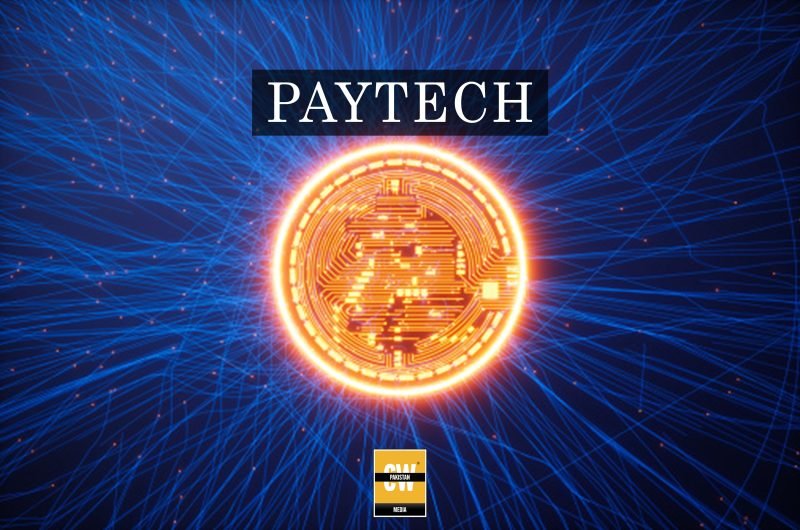Peshawar High Court has directed the federal government to establish a comprehensive legal framework for cryptocurrency and digital forex trading within two months. The order, issued by a two-member bench consisting of Justice Syed Arshad Ali and Justice Dr. Khurshid Iqbal, underscores growing judicial concern over the unchecked rise of digital currency operations in the country.
The court’s directive came during the hearing of a petition filed by Barrister Huzaifa Ahmad, who raised alarm over the ongoing proliferation of cryptocurrency trading in Pakistan despite SBP 2018 ban on such activities. In his arguments, the petitioner emphasized the continued presence of unregulated crypto transactions and the operation of digital currency coaching centers in Khyber Pakhtunkhwa and beyond—all functioning without formal oversight or government approval.
Ahmad warned that this legal vacuum poses serious financial and security risks to the country, as unmonitored crypto activities can become conduits for money laundering, fraud, and terrorism financing. He supported his claims by citing examples from countries such as China, Morocco, and Algeria, which have imposed outright bans on cryptocurrencies due to similar concerns. The petitioner urged the court to push the government toward urgent legislative action, arguing that inaction was not only a regulatory failure but a potential national security oversight.
Adding another layer of controversy to the case, the petition also questioned the integrity of certain actors within Pakistan’s nascent crypto ecosystem. In particular, it pointed to the appointment of a strategic advisor to the Pakistan Crypto Council, claiming that the individual in question had a criminal record in the United States. While the petition did not specify the nature of the alleged criminal background, it called into question the vetting process for individuals involved in shaping the country’s digital currency discourse.
In response to the petition, the Deputy Attorney General appeared before the bench and requested an additional month for the federal government to consult stakeholders and draft appropriate legislation. However, the court declined the request, asserting that the matter had already been subject to delays and that swift legislative action was now imperative. The bench granted a strict two-month deadline for the federal government to draft and present a regulatory framework for digital currency and submit a progress report to the court.
This judicial intervention comes at a time when Pakistan finds itself at a crossroads in the digital finance domain. Despite a rapidly growing interest in blockchain technology and digital currencies among the youth and tech-savvy entrepreneurs, the lack of a legal structure has left investors vulnerable and the economy exposed to unmonitored digital flows. While other countries have either embraced crypto through stringent regulations or banned it altogether, Pakistan’s policy approach has remained ambiguous, with the SBP’s 2018 circular declaring cryptocurrencies illegal, but enforcement on the ground remaining sporadic at best. Financial experts have welcomed the court’s directive as a much-needed push to bring order to what many describe as the “Wild West” of Pakistan’s financial ecosystem.
“Without legislation, we’re flying blind, the technology is moving forward, and people are using it, whether we regulate it or not. The danger lies in letting it grow without oversight.”
On the other hand, crypto advocates argue that blanket bans or overly strict regulations could stifle innovation and deter foreign investment in Pakistan’s growing tech sector. They call for a balanced approach—one that safeguards consumers and the state, while also allowing room for innovation in blockchain and decentralized finance.
As the federal government now races against the court-imposed clock, all eyes will be on how it navigates the complex legal, technical, and economic implications of regulating digital currencies. The outcome could shape not only the future of crypto in Pakistan but also its broader digital transformation and integration into the global digital economy.








